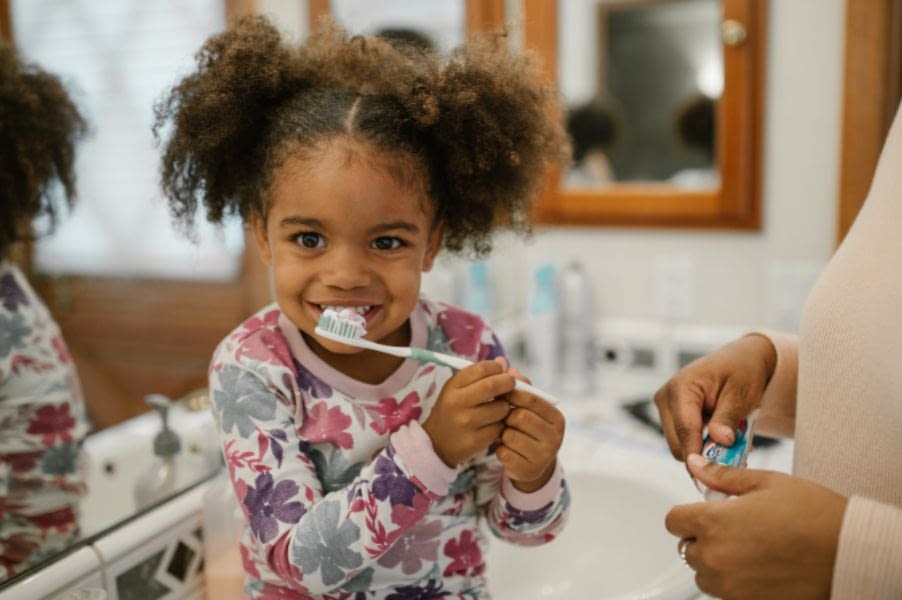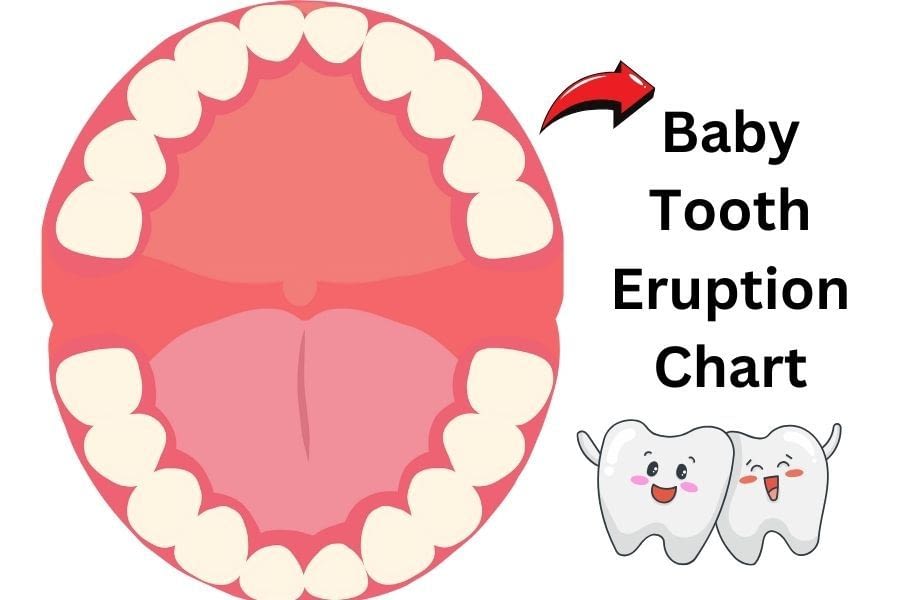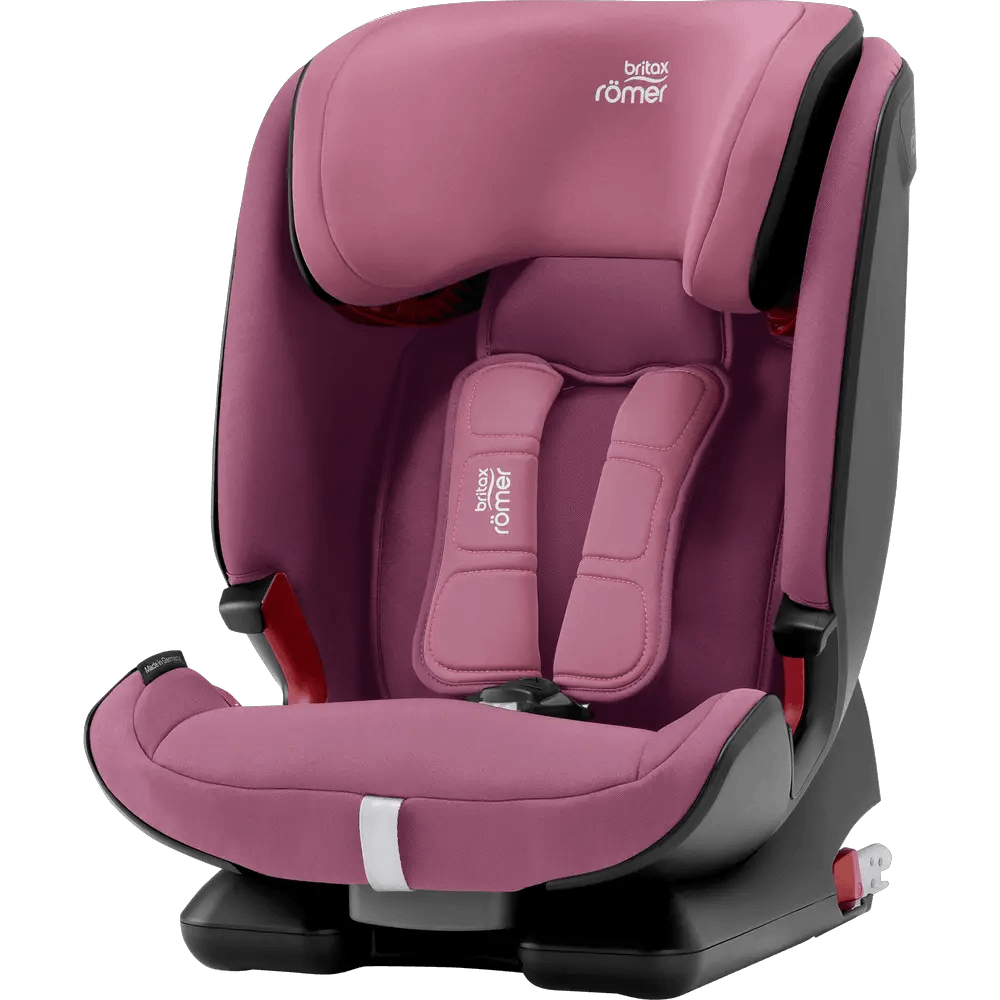As a new mother, you will soon learn that the world of parenting is full of contradicting advice, opinions, and information. A subject that frequently sparks debate is whether or not it is advisable to burp your bottle fed babies before laying them down to sleep.
While some experts suggest that burping is essential for preventing discomfort or colic, others argue that it’s not necessary and can even harm your baby’s sleep quality. So, is it OK to put baby to sleep without burping?
Why do we need to burp babies?
During feeding, burping a baby helps expel air bubbles in its digestive system. It can help reduce gas and make them more comfortable, especially if they show signs of colic or discomfort. Not burping your baby could cause them to swallow the air and have physical pain because of the air pressure building up in their stomach.
Is it OK to put baby to sleep without burping?
It depends on their age. For newborns and younger babies, it’s necessary to burp them after each feed or until they fall asleep. Their digestive systems are still immature, so they can’t move food through their digestive tract like an older baby or child. However, if your baby is over 4 months old and has no issues with reflux or colic, it may be safe to put them down without burping.

What are the signs baby needs to burp?
Some signs that your baby needs to burp include:
- If a colicky baby,
- making a squeaking noise,
- displaying discomfort (e.g., crying or squirming),
- bringing their legs up to their chest and arching their back,
- and seeming fussy after feeds.
Observing your baby’s behavior and taking appropriate action is the most effective way to determine whether they require burping. If your baby seems content, you may not need to worry about burping them.
If you see any of these signs, encouraging healthy infants to burp is a good idea. If your baby has difficulty burping, try the above methods to help them feel better.
What if my baby won’t burp after feeding?
If your baby won’t burp after 30 minutes of feeding, try the above methods, and consider changing its feeding position. If your baby is eating in a slumped or horizontal position, it can be difficult for them to bring up air bubbles effectively.
Burping can help relieve gas in the stomach that can make your newborn babies uncomfortable, but forcing them to wake up to do this isn’t necessary. If a baby fallen fast asleep while feeding, you may want to gently lay them down in a semi-upright position with the baby’s head on your shoulder.
It can help any excess gas work its way out without burp baby. If your burping baby is still uncomfortable after trying this, try a gentle back rub on the upper body or bicycle kicks to help relieve their stomach discomfort before they fallen asleep.
Try sitting baby straight and supporting their upper body while they feed instead. This could help prevent too much air from getting trapped in their digestive system.
Additionally, you can often tell if a baby needs to be burped by the sound of their breath, as they will often make little noises as gas bubbles pass. If so, pause nursing and burp them before continuing. Ultimately, listen to your baby and respond accordingly.
Remember that every baby is different and may not necessarily need to be burped. If your baby seems content after feeding and doesn’t seem gassy or uncomfortable, you may not need to worry about burping them.
Awareness of the signs of overfeeding, including excessive crying after feedings, arching the back during feedings, and spitting up large volumes of milk, is also essential.
How to burp a newborn that won’t burp?
If your newborn isn’t burping after feeding, there are several burping exercises you can try to help baby burping and release the air in their stomach.
- Try baby patting, the most common burping position. To burp your baby, the initial step is to position them upright on your lap, with their head resting against your chest. Then, gently pat or rub their back. If you prefer to lie down while burping your baby, provide adequate support to their head and neck.
- Another method is to place a warm towel over your baby’s stomach and gently rub it in a circular motion to help push out the air.
- As babies grow, you can also try gently jiggling or bouncing your baby up and down on your lap after feeding them, as this movement may help release the trapped air bubbles.
- Finally, if you’ve tried all these methods but still can’t get your baby to burp, it’s best to wait until your baby’s stomach settles and the gas has been released.
Remember, burping is not essential for all babies, so if you cannot get your sleeping baby to burp, don’t worry too much – they may just be one of those lucky ones who don’t need it!

What if my baby falls asleep before burping?
Firstly, to burp a sleeping baby is only sometimes necessary, especially if your baby sleeps soundly. Many babies will naturally release the air in their stomachs while they sleep, so if you don’t hear any signs of discomfort, there’s no need to wake your baby to burp them. However, if your baby has reflux or tends to spit up, burping can help prevent them from aspirating any stomach contents during sleep.
Can baby choke if not burped? Well, If your baby asleep before thoroughly burping, try to wake them and burp them as soon as possible. If it’s impossible to wake them, you can still attempt to burp them in their sleep to release as much air as possible. However, ensure your baby is on their back and has a flat surface before doing this so they don’t choke.
Secondly, over-burping can cause more harm than good. Some parents think they must burp their baby for a long time, using aggressive patting, which can irritate their little tummies and cause more gas. One study showed that over-burping can increase the risk of infants developing GERD. The key is to listen to your baby’s cues and not force a burp if they don’t need one.
Thirdly, burping can also disrupt your baby’s sleep patterns. If you constantly wake your baby every time you feed them, they might get overstimulated or stimulated, making it harder for them to fall asleep or stay asleep. Many babies can burp independently without your help, so let your baby tell you whether they need a burp.
Fourthly, it’s essential to know that babies have different feeding patterns and needs. Some babies eat quickly and efficiently, while others take their time and nurse slower. If you have a speedy eater, they might not need a burp, while a slower eater might require several burping breaks. Look at your baby’s cues to determine which approach works best for them.
Lastly, remember that burping baby doesn’t have to be a task only at the end of the feeding session. If you notice your baby becoming uncomfortable or restless during feeding, try to stop and burp them. This can allow them to expel their own gas, relieve discomfort, and be more relaxed for the rest of the feeding or even sleep better.
Few burping positions to learn for how to burp a sleeping newborn baby
- Try sitting position. Place your baby in a slightly upright position on your lap, and hold the baby’s legs for stability for about 15 minutes after each feed. Rub their back gently during this time, which should help release any trapped air.
- Push gently on the baby’s back. Position your hand in a gentle “C” shape and apply steady, rhythmic pressure with your palm. This should help to move the gas bubble through the digestive system and relieve the discomfort before the baby wakes up frequently.
- Place a warm (not hot) water bottle or heating pad carefully on the baby’s tummy. Make sure it is not too hot and that it is not in direct contact with the skin. The warmth can help relax the baby and relieve any gas discomfort.
- Carry your sleeping baby around the house for about 15 minutes, swaying gently from side to side or in a rocking motion. This can help to move gas bubbles along and encourage the baby to burp.
- Gently massage the upper body clockwise circular motion for 1-2 minutes. This technique can help move swallowed air and relieve discomfort.
Following these simple steps before the baby falls asleep, the baby burp faster and gets more restful sleep in the feeding routine.
How long to keep the baby upright after night feeding?

Generally, you should keep your baby upright for at least 30 minutes after bottle feeding before the baby fell asleep before burping. It will help ensure that the milk has been properly digested and will help to reduce the risk of spitting up or reflux.
Furthermore, Burping your breastfed babies while awake can enhance their comfort level and minimize the air they ingest during feeding, which can lead to discomfort. If your baby experiences difficulty sleeping following nighttime feeding, it is advisable to maintain an upright position for a minimum of 45 minutes before lying down.
Keeping your baby upright helps prevent the milk from returning and causing further discomfort. It is essential if your baby has acid reflux or GERD. When putting them down to sleep, ensure their head is elevated on a pillow or mattress wedge to help keep the milk from returning.
Conclusion: Is it OK to put a baby to sleep without burping?
In conclusion, whether or not to burp your falling asleep baby before putting them to sleep depends on the context. You should always listen to your baby’s cues and follow their lead rather than adhering strictly to specific guidelines. Not all babies need to be burped every time they eat, and some might not require burping at all.
Remember that feeding aims to keep your baby comfortable, nourished, and healthy, and burping may or may not play a role. As with any other aspect of parenting, trust your instincts, seek advice, and do what works best for your child.
1 Visit today





